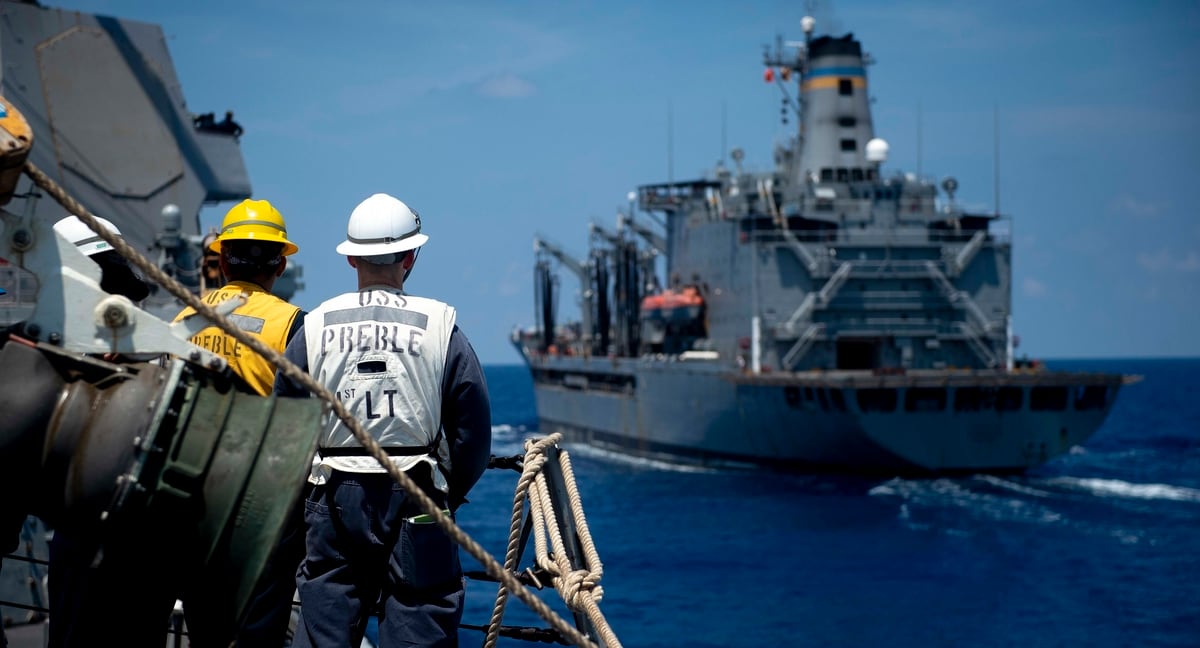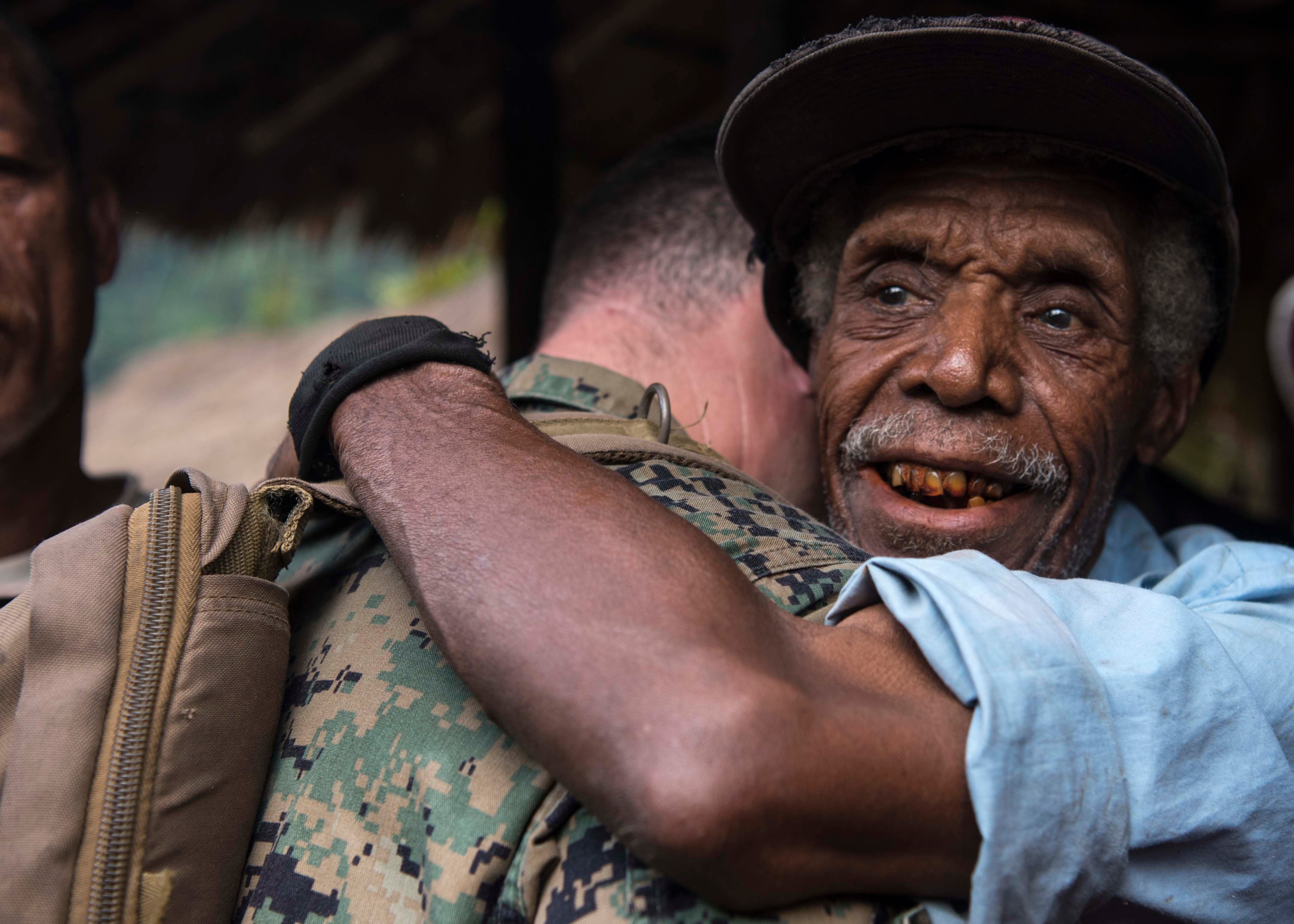CANBERRA, Australia — A top U.S. diplomat for Southeast Asia on Friday urged Pacific island nations not to withdraw diplomatic recognition of Taiwan, warning that Chinese pressure to change Taiwan’s international standing threatens to increase the possibility of conflict.
U.S. Acting Assistant Secretary for Southeast Asia W. Patrick Murphy spoke to reporters in Canberra at the end of a three-day Australian visit for talks with officials in the recently reelected government on expanding their security alliance.
Six Pacific island nations give diplomatic recognition to Taiwan, accounting for a third of the self-governing democratic island's diplomatic allies around the world. But they are under intensifying pressure from Beijing to switch allegiances as it builds influence in the region.
Murphy said diplomatic decisions should not be influenced by China.
"China is attempting to reduce Taiwan's diplomatic relations in the region and that's kind of heavy-handed," Murphy said.
"It gives rise to tensions by changing the status quo and then the possibility of conflict," he added.
RELATED

Solomon Islands Prime Minister Rick Hou had promised to review the nation’s relations with Taiwan before he lost power at elections last month. Switching recognition to China, the Solomons’ biggest export market, remains a live issue.
Murphy said the United States has “strong diplomatic relations” with the Solomons, and had congratulated new Prime Minister Manasseh Sogavare.
Murphy declined to say whether he discussed with Australian officials concerns of some security analysts that China wants to construct a deep-water military base somewhere in the Pacific.
He said Chinese militarization in the Pacific would be as destabilizing as its militarization of disputed islands in the South China Sea.
"A growing military presence anywhere in the region of a country like China that doesn't work on a rules-based approach or adhere to international standards is and should be of concern," Murphy said.
"We have a lot of national interests in the region that are built on freedoms of commerce, navigation and overflight. We have key partners and the establishment of a military presence there, the notion, the concept is indeed quite troubling," he added.

Murphy on Saturday flies to Australia’s nearest neighbor, Papua New Guinea, where the pro-Beijing Prime Minister Peter O’Neill backs China’s territorial claims in the South China Sea.
The United States and Australia have committed to redevelop a Papua New Guinea naval base on Manus Island.
Murphy said the Lombrum Naval Base expansion was about "partnership with Papua New Guinea and meeting its needs," not denying China a military presence in the poor nation for more than 8 million people.
When Australia and Papua New Guinea announced the upgrade last October, China cautioned both countries to discard “Cold War” thinking, referring to an era when the world was less integrated.
“The Pacific island countries should not be the sphere of influence of any country,” Chinese foreign ministry spokesman Lu Kang said at the time.





